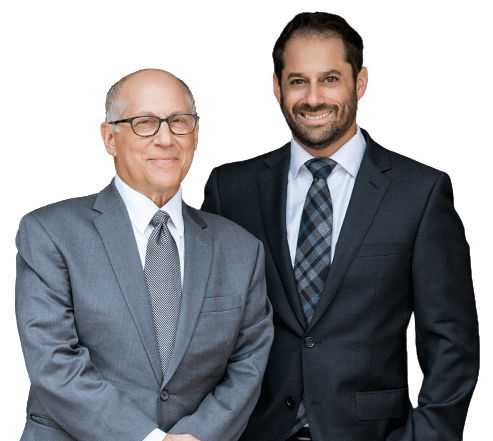Those living with disabilities often acquired their debilitating injury or illness later in life. Whether you were born with a disabling condition or suffered an injury or illness that resulted in a disability, it is important that you fully understand your situation and what you can do when a disability is preventing you from working.
Seeking Social Security Disability benefits is often the first step. While it is a source of benefits for those living with disabilities, most applications for SSD are denied. This is a very discouraging answer to receive; however, you should know that you have options and can appeal the decision.
Compassionate allowances
While many applicants for SSD are often faced with a lengthy process that includes a denial, some individuals can streamline the process and secure benefits quickly. This is because of compassionate allowances, which were created to serve applicants suffering from severe genetic disorders or potentially terminal cancer.
When an individual is suffering from a severe disability or terminal disease, time is of the essence. In order to expedite the process for these individuals, a list of conditions was made for the compassionate allowance program. When it began in 2008, roughly 50 conditions were listed. Today, the list contains over 200 conditions.
Waiting time
If your SSD application satisfies the conditions for compassionate allowance, you can expect to wait two to eight weeks to receive benefit payments. This is significant, as the SSA states that the average processing time can take over five months.
Suffering from a condition on the list does not mean that you will receive benefits instantly. While it is much sooner than other applicants, it only expedites the application to the initial review phase. An applicant might still be required to provide additional information, fill out extra documentation and even have a medical examination.
Individuals applying for SSD benefits are often urgently seeking these benefits. Unfortunately, the process can be lengthy and could result in a denial. Whether your condition is on the compassionate allowance list, your initial claim was denied or you are stuck in the application phase, it is important to seek legal guidance to help better guide you and protect your rights.

